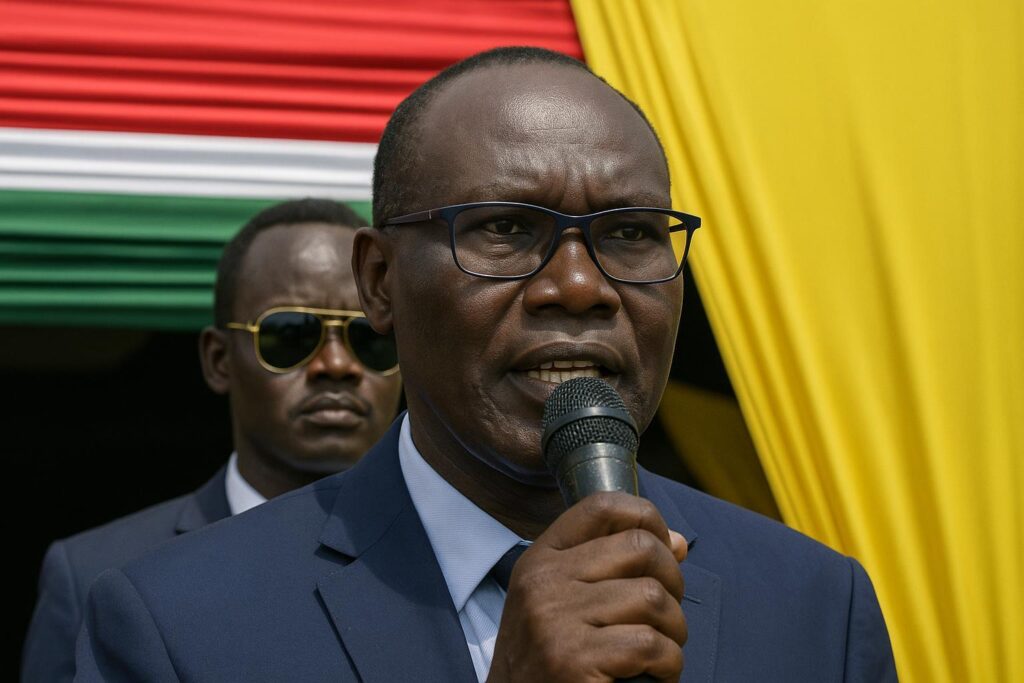South Sudan Faces a Perfect Economic Storm
Currency free-fall, fiscal gaps and an oil shutdown have pushed South Sudan to its toughest economic test since 2011.
Prices of food, fuel and medicine have surged, while non-oil revenue remains thin and public wages lag.
Athian’s Brief but Notable Tenure
Appointed finance minister in 2020, Athian Diing Athian stabilised the pound near 400 per dollar for almost two years.
He reopened channels with the IMF and World Bank, unlocking roughly 500 million dollars that eased salary arrears and funded essential imports.
Links with Bretton Woods Institutions
Officials from the Fund praise his “knowledge and pragmatism,” arguing that trust built under his watch is rare among fragile states.
An IMF-World Bank mission was preparing to discuss infrastructure financing when his 2022 dismissal surprised observers.
Revenue Authority Results
As commissioner-general in 2023, he broadened the tax base and boosted non-oil receipts flowing to the treasury.
Vision for Structural Reform
The economist advocates disciplined budgets, rejection of unchecked money printing, and a pivot to export-led growth that could narrow current-account gaps.
He supports professional procurement through the Public Procurement and Assets Disposal Authority to curb waste and reassure investors.
Can One Man Change the Trajectory?
Analysts caution that personalities alone cannot override structural shocks, yet agree that credible stewardship attracts external confidence and domestic discipline.
A senior World Bank advisor says, “With the right mandate, Athian could anchor reforms the market recognises.”
Whether politics grants that mandate will decide if South Sudan moves from crisis management toward sustainable recovery.


